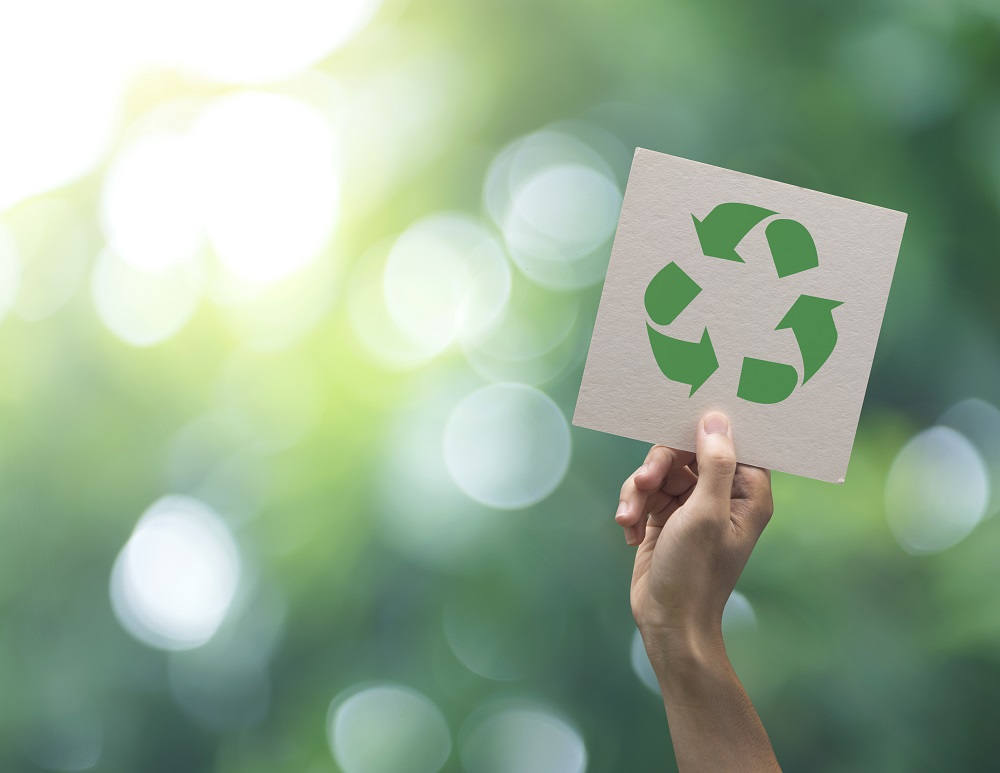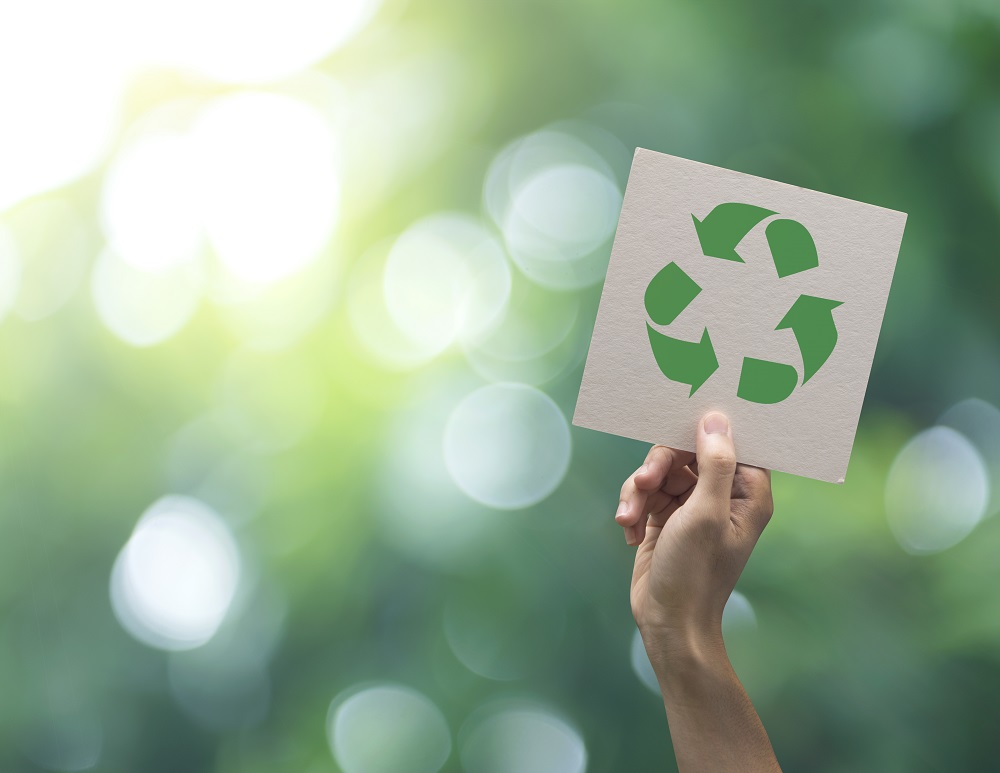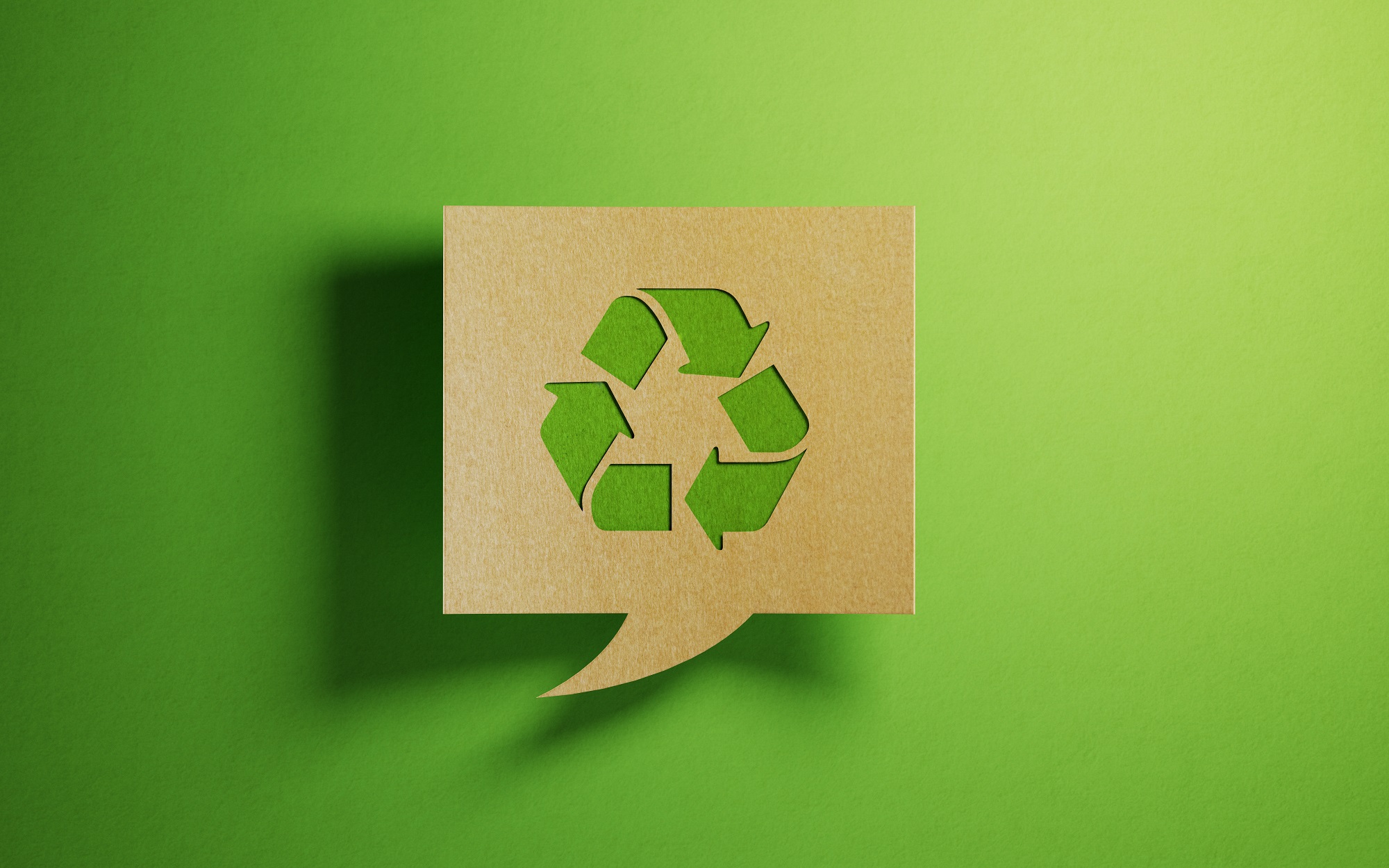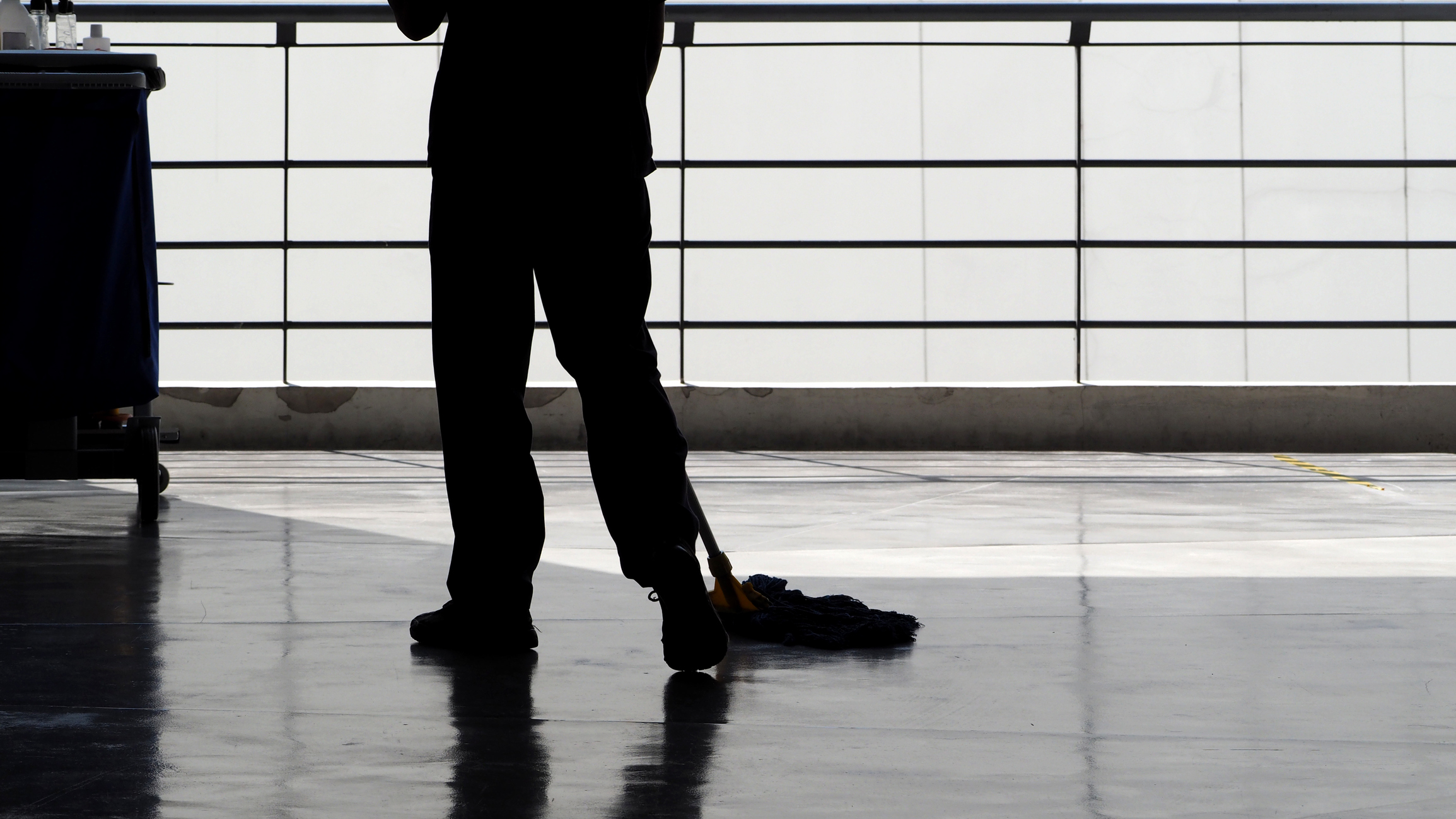
The ACT Government has passed legislation to support a new legal framework to create a circular economy in Canberra.
“We want Canberra to be a circular city where we value waste as a resource,” said Minister for Transport and City Services Chris Steel.
“These laws will support the establishment of a circular economy in the ACT, where waste is reduced and where the reuse and recovery of resources is maximised.
“These laws build on the work already undertaken to reduce the harm of plastic, and encourages renewable, reusable and non-toxic resources to be kept in use at their highest value.”
The new legislation will extend powers to ban other problematic, non-plastic products, following the ACT Government’s successful phase-out of certain single-use plastics.
“While single-use plastic presents a particular problem, this Legislation recognises that non-plastic products and non-single-use products can also be harmful to the environment and to human health,” said Minister Steel.
Minister Steel said, similar to the process for phasing-out single use plastics, when problematic or toxic non-plastic products are identified the Government will invite public submissions before making any decision to ban them.
The most significant part of the Act introduces new powers to introduce recyclable waste processing requirements.
Minister Steel said the initial intention would be to use this power to require recyclable material producing businesses to separate and recycle co-mingled recycled materials.
He said many businesses were already doing the right thing by the environment by recycling.
“This Bill will enable the Government to set a level playing field for all businesses, ensuring more resources are recycled and diverted from landfill,” said Minister Steel.
Consultation is also underway on draft regulations, including a proposed waste reduction requirement for food businesses to implement food waste reduction plans, and new processing requirements to separate food waste and ensure it is recycled.
“Around 9,500 tonnes of commercial and industrial food waste are estimated to be going into landfill in the ACT, where it turns into methane and contributes to climate change,” said Minister Steel.
“A circular approach involves reducing food waste as much as possible in the first place, and then making sure that valuable food waste goes on to be reused, recycled or composted, and even used in growing more food.”
Consultations have begun on the draft regulation, which is proposed be made under the new Act, and a comprehensive regulatory impact statement (RIS), with impacted stakeholders, business and industry.
The RIS has found there would be substantial benefits from the new requirement for the environment, emissions reduction, the waste management industry and food rescue organisations, with the regulations prolonging the lifespan of the ACT’s landfill.
“These laws are just part of the ACT Government’s 53 actions that we have identified to build a circular economy in Canberra, outlined in our Circular Economy Strategy and Action Plan,” said Minister Steel.
Copies of the draft regulation and draft regulatory impact statement are available at https://yoursayconversations.act.gov.au/circular-economy.
The delivery of Circular Economy Legislation is a Parliamentary Agreement item.
Comment below to have your say on this story.
If you have a news story or tip-off, get in touch at info@incleanmag.com.au
Sign up to INCLEAN’s newsletter.




